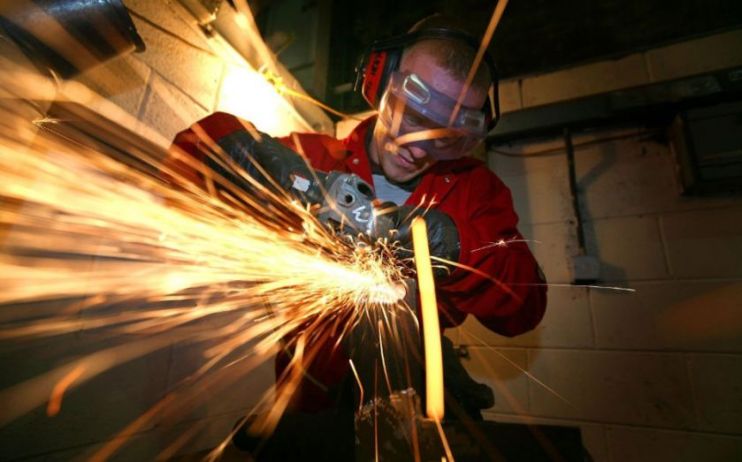Debate: Are young people today prepared for the future impact of automation on the workplace?

Debate: Are young people today prepared for the future impact of automation on the workplace?
Yes — Nigel Vaz is global chief executive of digital consultancy Publicis Sapient.
As automation becomes increasingly effective and accessible for businesses to perform administrative and data-driven tasks at scale, human input and creativity will remain essential.
Graduates who have grown up in a digital world are more likely to understand that automated tech is only effective when guided by human input, so are inherently more prepared for how this might become a part of their professional lives.
This doesn’t mean that we should be complacent. The government should be reforming education to ensure that young people are prepared for workforce challenges beyond automation, such as moving from theoretical learning models to practising the continuous learning that is essential in the ever-changing business environment.
Technology will not be a replacement for people or their skills. It will act as a supporter, enabling people to be creative, build relationships, and apply critical thinking. These are the skills that we therefore must build on.
No — Jo Bibby is director of health at the Health Foundation and lead of the Young People’s Future Health Inquiry.
Young people today do not feel that they are being prepared with the right skills to thrive in the workplace. As the fourth industrial revolution continues apace, we are seeing opportunities and challenges arise for Britain’s workforce. This will have dramatic consequences for their future health.
Speaking to young people across the UK, a common theme has been how unprepared they feel to enter the workforce, and this is only accelerated by the risks posed by automation. Secure, rewarding work which offers scope for career growth is a key building block for a healthy future. The potential impact of automation on job prospects and quality of work, and the knock-on effect this has on health, should not be underestimated.
With health inequalities widening and life expectancy falling, not equipping schools, colleges, and communities with the means to address these issues could be hugely detrimental. The future health of young people is our nation’s most vital asset.